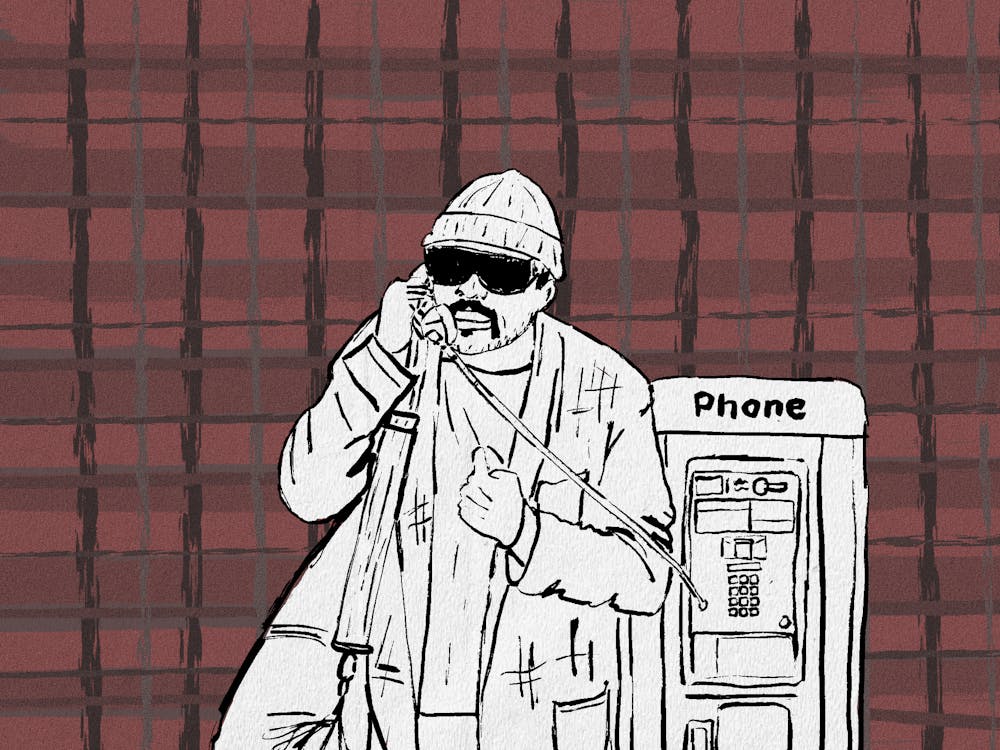“The comedy of man starts like this / Our brains are way too big for our mother's hips,” Father John Misty croons in the opening lines of his third studio album, “Pure Comedy.” The album is a magnum opus of social critique — touching everything from the apocalypse to Taylor Swift to his own music. In his follow-up to the widely successful “I Love You, Honeybear,” an album all about falling in love, Misty’s tone has turned a little more somber. Josh Tillman — the man behind the Misty pseudonym — has a lot to say, and “Pure Comedy” is his platform to do so.
In one of the best and most upbeat tracks on the record, “Total Entertainment Forever,” Misty’s first target is entertainment itself. Most of the songs make a choice between a slow piano lead and a slow guitar lead, but on this track, the two are playfully combined in a formula more reminiscent of his past efforts. The tone of the music, however, is contrary to the blunt message of entertainment overload and subsequent downfall — “When the historians find us we’ll be in our homes / Plugged into our hubs / Skin and bones / A frozen smile on every face / As the stories replay / This must have been a wonderful place.”
Misty’s message only becomes more clear on songs such as “Ballad of the Dying Man,” with lyrics like “Eventually the dying man takes his final breath / But first checks his newsfeed to see what he’s ‘bout to miss.” The irony here is that Misty is part of this entertainment overload, which begs the question: Is this record just furthering the problems he is identifying?
Behind all of this grandiose social commentary, there are 13 new songs from Misty, and that is what most people care about here. Unfortunately for that crowd, Misty is too bummed out by his own cynicism in most of his songs to keep listeners interested in his whining.
Unsurprisingly, Misty addresses that very sentiment on the 13-minute dirge, “Leaving LA” — “Some 10-verse chorus-less diatribe / Plays as they all jump ship, ‘I used to like this guy / This new s—t really kinda makes me wanna die.’” Even the very music and lyrics of Misty cannot escape his stream of consciousness observations.
What are we supposed to think of this paradoxical, self-reflective, ironic and contemptuous mess? It seems like Misty does not really care. Perhaps he wants us left confused, in the very state of disillusionment he sings about seeing in society already. Certainly he makes some relevant points, and it’s easy to see the gross encroachment of so-called “entertainment” into every facet of our lives.
But, he gets too carried away with his thesis, overshadowing the talent that led people to call him “White Jesus.” The album certainly isn’t bad by any standard — the aforementioned singles and deeper cuts such as “A Bigger Paper Bag” are actually quite good — but Misty just falls short of his potential. If his goal was to craft a painfully honest and scathing social critique, he has succeeded. However, if he set out to release his best music to date, he has left more to be desired.







